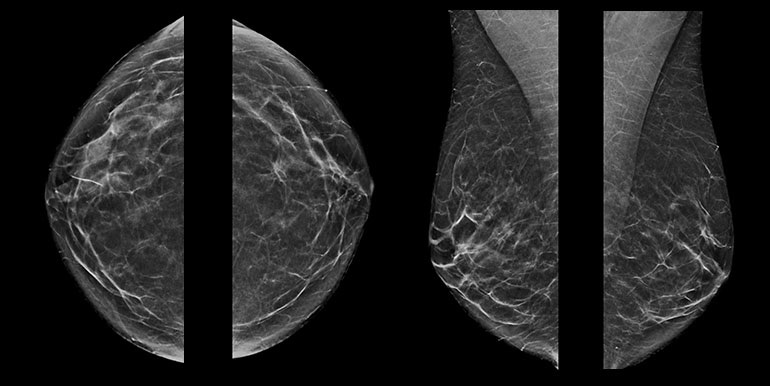‘Post-it note’ on breast cancer gene signals risk of disease spreading
11. 07. 2012 | British Journal of Cancer Press ReleaseA molecular 'post-it note' added to a breast cancer gene could flag up the risk that the disease will spread in patients, according to research published in the British Journal of Cancer today [1].
Image credit: shutterstock.com
Cancer Research UK scientists at Imperial College London showed that high levels of a molecular modification called methylation on a gene called CACNA2D3, were linked to the spread of the disease in breast cancer patients
Methylation is a common cell process that adds methyl groups onto DNA to prevent the gene’s instructions from being given – acting like a post-it note on the DNA telling the cell when to switch genes off.
The gene CACNA2D3 is a known tumour suppressor gene which prevents cancer. It is not methlyated in healthy breast cells and highly methlyated in breast cancer cells.
The research revealed that the addition of methyl groups to the gene stops it from protecting against cancer development.
The gene is known to be faulty or missing in a range of cancers including lung, renal cell, neuroblastoma and osteosarcoma but this is the first time it has been linked to breast cancer.
Lead author, Dr Carlo Palmieri, Cancer Research UK scientist at Imperial College London, said: “Our research suggests that methyl groups can muffle the messages given by the CACNA2D3 gene - blocking its potential protective effect against breast cancer. Methylation of the gene could be used to flag up breast cancer patients who have a greater chance of the disease spreading – helping doctors decide what treatment plan would be most effective.
“The next stage is to repeat these findings in larger studies with patients to confirm whether analysing methylation of the gene could be a useful test.”
Epigenetics is the study of DNA modifications – such as methylation – which change the way genes behave, rather than faults in the genes themselves.
Dr Julie Sharp, Cancer Research UK’s cancer information manager, said: “These results show the exciting potential of our research into epigenetics. It’s an emerging and very promising area of research that looks at how changes made to DNA can control whether genes are switched on or off, and to different amounts.
“Understanding the effect of epigenetics in cancer cells has enormous untapped potential – it could provide powerful clues about how to treat the disease in new ways and save more lives in the future."
Reference
- Palmieri, C., Rudraraju, B. et al. (2012). Methylation of the calcium channel regulatory subunit α2δ-3 (CACNA2D3) predicts site-specific relapse in oestrogen receptor-positive primary breast carcinomas British Journal of Cancer DOI: 10.1038/bjc.2012.231
klíčová slova: breast cancer, methylation, tumour suppressor gene




